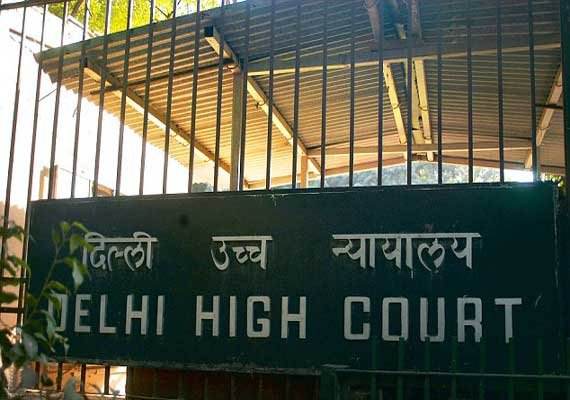No payment moratorium applicable to mutual funds and debentures
The High Court of Bombay held that RBI circulars issued on 27th March 2020 and 23rd May 2020 of moratorium is not applicable to mutual funds and debentures. The writ was filed under Article 226 of the Indian Constitution. The writ by petitioner pleas that the respondent is “the state” as per Article 12 of the Indian Constitution.
Legal proceeding was under the jurisdiction of the High Court of Judicature at Bombay Ordinary Original Civil Jurisdiction. The judgement was passed on 13th July,2020 by the bench which comprising of Justice R.D. Dhanuka and Justice V.G. Bisht.
The RBI circulars issued for moratorium of repayment of loans. The order was applicable for: –
Commercial Bank
All Primary (Urban) Co-operative Bank
State Co-operative Banks
District Central Cooperative Bank
Financial Institution
Non- Banking Financial Companies
All others who deal with term loans and working capital facilities provided by those entities.
The petitioner pleaded to exempt for repayment default by seeking relief under the RBI circulars on moratorium period. The petitioner argued that the Respondent No.1A is public financial institution as 70 % of share are held by them. Thus, it is a public financial institution within the meaning of Section 2 (72) of the Companies Act and fall under the definition of “the state” of Article 12 of the Indian Constitution. Hence, the writ was applicable to be filed under Article 226.
In addition, it pleaded that the petitioner was regularly paying installment to the respondent but due to covid-19 pandemic committed default and seek for relief by extending the payment time. The senior counsel of petitioner would submit that the said moratorium did not apply to mutual fund and debentures but separate circular was issued by RBI to grant similar moratorium related to mutual fund companies.
Advance argument of respondent stated that Respondent No.1 is private entity and Respondent No. 1A does not fall under Article 12 of the Constitution of India. Hence, the writ failed is unconstitutional. Besides that, the petitioner was a private entity who entered into an agreement with a Sole Trustee. One of the respondents is merely agent to this Trustee and writ is questioned for grounds of maintainability.
Also, the petitioner has been defaulting on repayment of since 4th July 2019. The Respondents are liable to pay 21000 small investors who debentures held by them.
The bench passed the order that the merits of writ is not applicable for the said court. The court held no case is made out as the petition is devoid of merits and disposed of. The petitioner has pleaded benefit for two circulars were misplaced.


